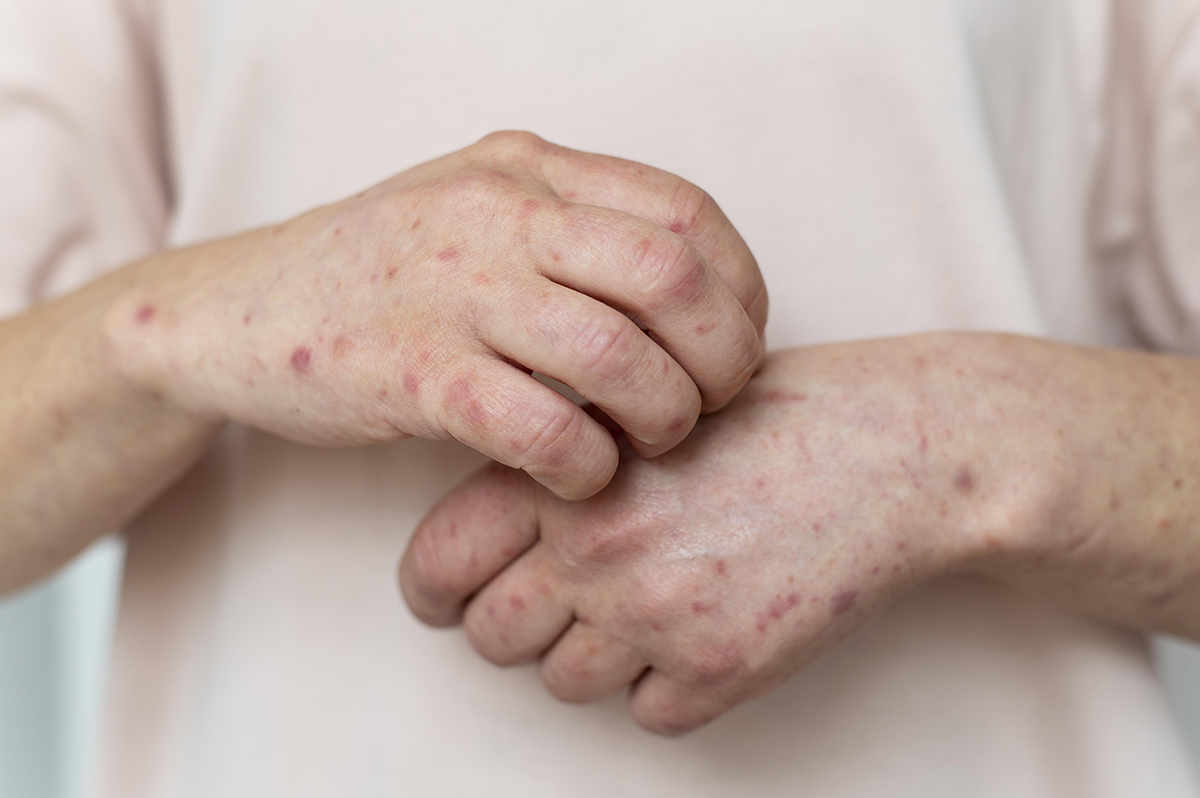This virus used to be contained within certain countries like Africa, but now, it has begun its spread across the world.
Monkeypox cases have gone beyond 200 internationally in an outbreak spreading among non-endemic countries. While Singapore is prepared to deal with cases here due to an imported case 3 years ago, it always pays to be careful.
The World Health Organisation (WHO) has also revealed that cases have been seen in 19 countries, including:
- Argentina
- Switzerland
- Spain
- The United Kingdom
- Canada
What Is Monkeypox?
Monkeypox is a viral disease that is a result of infection of the monkeypox virus. It is grouped under the same virus family as cowpox and smallpox.
It has been endemic in certain areas of West and Central Africa, with usual outbreaks in communities in rural areas that hunt and eat bush meat.
There are 2 separate variants of the monkeypox virus:
- Congo Basin (Central Africa) clade
- West African clade
Infections of the Congo Basin clade are usually more severe than the other.
Thankfully, it is unlikely to spread as aggressively as COVID-19, since it is not transmitted by air but through close physical contact with an infected person.
How Is Monkeypox transmitted?
The disease is transmitted mainly when a person comes into close contact with the virus via an:
- Infected person: through exposure to respiratory droplets or direct physical contact with the blood/skin rash/body fluid of the infected person or contaminated items
- Infected animal: through a bite or scratch, eating bush meat, or direct contact with mucosal lesions/blood/body fluids of infected animals
- Contaminated environment
What Are the Symptoms of Monkeypox Infections?
Those who are infected with monkeypox tend to exhibit these signs:
- Fever
- Chills
- Muscle ache
- Headache
- Swollen lymph nodes
- Rash lesions that spread throughout the body
It is key to seek a doctor’s opinion as soon as possible because it can look similar to chickenpox. This virus can lead to serious illness and even death in a small percentage of patients.
What Defines a Suspected Case of Monkeypox
According to the Ministry of Health (MOH), these are the requirements that classify an individual as a suspected case:
- Has a fever or vesicular rash
- Travel history to the West or Central African countries with recent cases or a history of close contact with an infected person, both of which should be within 3 weeks
How Is Monkeypox Treated?
Unfortunately, there is no cure or vaccine available for this disease. Most of the time, it is a self-limiting disease where symptoms usually resolve themselves within 14 to 21 days.
Treatment is supportive, but you should seek a doctor’s assessment for this. You may consider telemedicine consultations or house call doctors.
Tips to Help Prevent Monkeypox
Although the disease is still being studied, it helps to be careful and avoid infection with these tips:
- Washing your hands regularly
- Avoiding close contact with individuals who have unexplained rashes
Maintaining your personal hygiene and being conscious may help to a certain extent!
